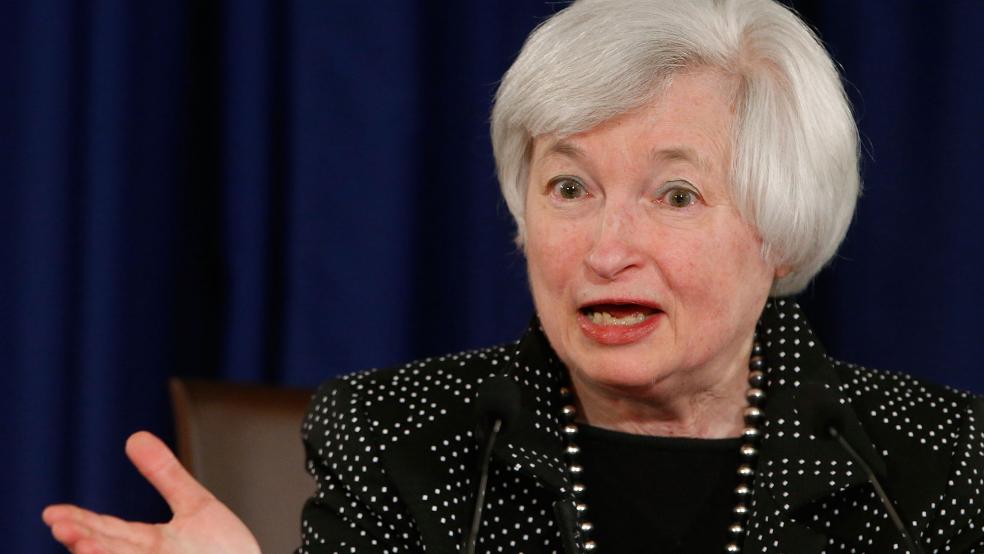Federal Reserve Board Chair Janet Yellen will kick off the annual conference sponsored by the Federal Reserve Bank of Kansas City in Jackson Hole, Wyoming, with a speech this morning that market participants across the globe will watch closely for signs of changes in the Fed’s interest rate target.
The speech – her first at Jackson Hole as Fed Chair – comes at a time when economic indicators show consistent growth in the U.S. economy, despite the fact that millions remain unemployed or underemployed.
Related: 30 Percent of ‘Retirees’ Would Return to the Labor Force
The conference agenda was released late on Thursday, but the general topic – “Re-Evaluating Labor Market Dynamics” – has been known for some time.
Yellen’s speech will be closely watched for signs of “dovishness” or “hawkishness” when it comes to raising interest rates (with dovishness indicating less concern about inflation and a willingness to keep rates low, and hawkishness the opposite).
The Fed’s current target interest rate is just a hair above zero and has been for several years. The point of keeping rates low, as well as the central bank’s current quantitative easing program, or QE3, under which it has been buying up Treasuries and mortgage-backed securities, has been to encourage investment by reducing the return to savings.
Related: Sluggish Wages Hurt the Unemployed
Everyone understands that rates cannot remain low forever. Eventually, near-zero interest rates will trigger inflation well above the roughly 2 percent level the Fed considers desirable. The question facing policymakers is when to begin raising rates.
Raise rates too soon, the argument goes, and the Fed could cause the economic recovery to stall or even reverse. Raise them too late – and it could trigger dangerously high levels of inflation.
As of Thursday evening, the combination of recent economic indicators showing apparent slack in the labor market and others suggesting that there is little upward pressure on wages had market participants betting that it would be a dovish Yellen who appears in Jackson Hole on Friday.
The Fed Chair has consistently been among those who argue that the economy needs low interest rates well into next year in order to bring as many workers as possible back into the labor market. Supporters argue that the current high number of unemployed and underemployed Americans means that there will be little upward pressure on wages in the near future, meaning that a sudden spike in inflation is unlikely.
A continued dovish tone from Yellen on Friday will not be without its critics. Charles Plosser, the president of the Federal Reserve Bank of Philadelphia, has argued against committing to an extended period of low interest rates. In an interview on CNBC Thursday, Plosser said there could be “real danger to the economy” if the Fed is too late in raising rates.
Top Reads from The Fiscal Times:




